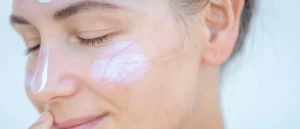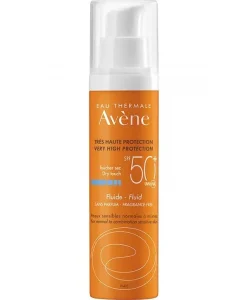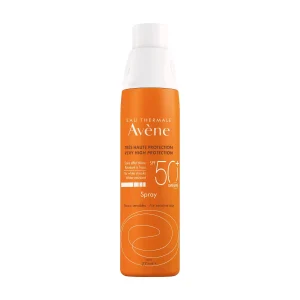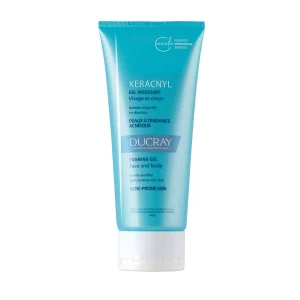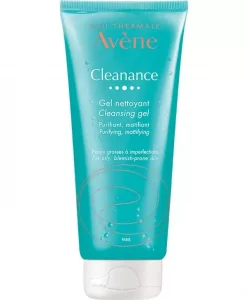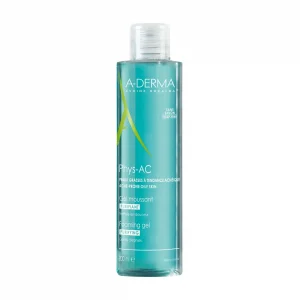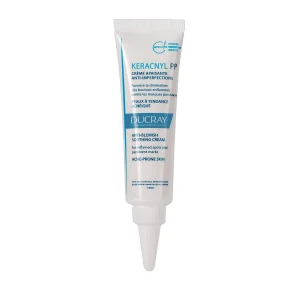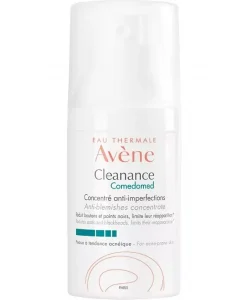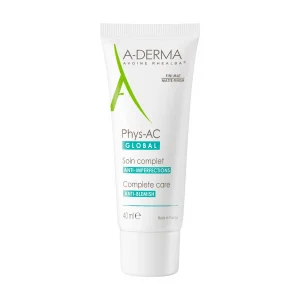
The best way to treat breakouts is to avoid touching your skin, scratching it, and using thick, heavy creams that can clog pores. But what about SPF? Should you use SPF when you have acne? The answer is of course! Skin prone to breakouts is often more sensitive, which means you should carefully consider your options when it comes to choosing a daily SPF. All skin needs sun protection, but this article from The Dermo Lab outlines why acne-prone skin needs special sun care. Dr. Asmaa Nasr, dermatologist, and cosmetologist, explains how to choose the right sun protection for acne-prone skin.
Why is acne-prone skin susceptible to sun damage?
Acne-prone skin has a compromised skin barrier, making it susceptible to sun damage. Acne sufferers are also particularly prone to a type of hyperpigmentation known as post-inflammatory hyperpigmentation, which is induced by exposure of damaged skin to the sun.
According to Dr. Asmaa Nasr, sun exposure may improve the appearance of your acne at first, but it leads to new breakouts later. After sun exposure, the epidermis (the top layer of skin) begins to dry and thicken. This effect doesn’t happen immediately, which may be why people don’t link their acne to the sun. When this happens, your body reacts by producing more oil to make up for what has been lost, which can lead to new breakouts.
Some acne treatments and medications – for example, benzoyl peroxide, tretinoin, adapalene, and azelaic acid – make the skin even more vulnerable to sun damage because they affect the skin barrier by drying out the skin.
What should the top sun protection cream for acne-prone skin contain?
First of all, Dr. Asmaa Nasr insists that sunscreens do not cause acne. People who feel like they have acne after using sunscreens may have an irritant reaction to the sunscreen or sun, which can look like acne. The best treatment is to avoid the irritant. Also, it may be that the excipient used in the formula, not the main active ingredient, is too greasy or occlusive, so a different sunscreen should be chosen.
Dr. Asmaa Nasr recommends choosing a sunscreen with a light, non-greasy formula. In addition, oil-free formulas are excellent for controlling oiliness. Water-based formulas are best for oily, acne-prone skin. She adds that zinc oxide and titanium dioxide are two common non-comedogenic ingredients to look for in sunscreens. You should also pay attention to the active and inactive ingredients in sunscreen, which can contribute to clogged pores. People with acne-prone skin should avoid oils that can clog pores, such as vitamin E, coconut oil, mineral and soybean oil, beeswax, lanolin and cocoa butter.
What does sun protection for acne prone skin look like?
The best way to protect your skin is to limit the amount of time spent in the sun, avoid the sun during its most intense hours, wear protective clothing, and regularly and carefully apply an appropriate sunscreen product.
When it comes to your face, it’s important to remember that it’s not just the vacation sun that affects the skin. UV rays (especially UVA) and high-energy visible light are present all year round. That’s why we recommend daily sun protection for acne-prone skin.
Be especially careful in the sun, and wear a very high sun protection factor, if you are taking acne medication or have recently had a chemical peel or laser treatment.
Dr. Asmaa Nasr recommends using a non-comedogenic, fragrance-free sunscreen offering a very high and broad-spectrum protection. Don’t forget to choose one that is formulated specifically for oily and acne-prone skin.
To help you find the best sun protection cream for oily skin prone to acne, here is our top pick that passes the oil-free test.
Eau Thermale Avène Very High Protection Fluid SPF 50+
This sunscreen’s light, invisible texture leaves a non-sticky, non-shiny finish on the skin. It contains a minimum of filters, with long-lasting stability and efficacy, providing optimal UVB-UVA protection.
It is also important to protect your body from the sun, especially if you suffer from body acne. We recommend you cover your skin with the best sun protection clothing. But what kind of clothing are we talking about? We’re actually talking about clothing with an ultraviolet protection factor (UPF). These clothes are sometimes treated with colorless dyes or chemical UV absorbers that block ultraviolet A (UVA) and ultraviolet B (UVB) rays. UPF is similar to the sun protection factor (SPF) used on cosmetics and sunscreens.
For the body, we recommend:
Eau Thermale Avène High Sun Protection Spray SPF 50+
How can I take care of my acne-prone skin?
Dr. Asmaa Nasr lists 10 steps for taking care of acne-prone skin:
- Wash your face properly. To help prevent pimples, it’s important to remove excess oil, dirt, and sweat daily.
For best results, choose a cleanser that is free of harsh, potentially irritating chemicals. Here are the best acne facial cleansers to keep your skin clean and blemish-free.
Ducray Keracnyl Foaming Gel
Eau Thermale Avène Cleanance Cleansing Gel
A-Derma Phys-AC Foaming Gel
- Know your skin type. It’s usually helpful to know your skin type so you know what products to use and which to avoid.
- Use a moisturizer. Moisturizers help keep your skin hydrated. Even if you have acne, moisturizers are important because if your skin gets too dry, it will produce oil to compensate which will cause pimples.
- Use over-the-counter acne treatments. Applying a topical acne treatment is another essential way to reduce inflamed pimples, remove excess oil, and limit bacterial adhesion.
Here is our recommendation for the best topical acne treatment that will double-punch your pimples.
Ducray Keracnyl PP Anti-Blemish Soothing Cream
Eau Thermale Avène Cleanance Comedomed
A-Derma Phys-AC Global
- Stay hydrated. If you’re dehydrated, your body can signal your skin’s oil glands to produce more oil.
- Limit makeup. It can clog pores and trigger breakouts.
- Try not to touch your face. It can transmit pore-clogging bacteria and impurities to your skin.
- Limit sun exposure. It is important to wear sunscreen to protect your skin all year round.
- Use antibiotics. Your dermatologist can prescribe antibiotics to help reduce inflammation and bacteria on the skin.
- Avoid certain foods. Your diet can also play a role in the development of acne. Processed foods, dairy products, alcohol, and refined sugars are common culprits for skin problems. Reducing your intake of these foods can help reduce your breakouts.
Last Updated on February 16, 2024
